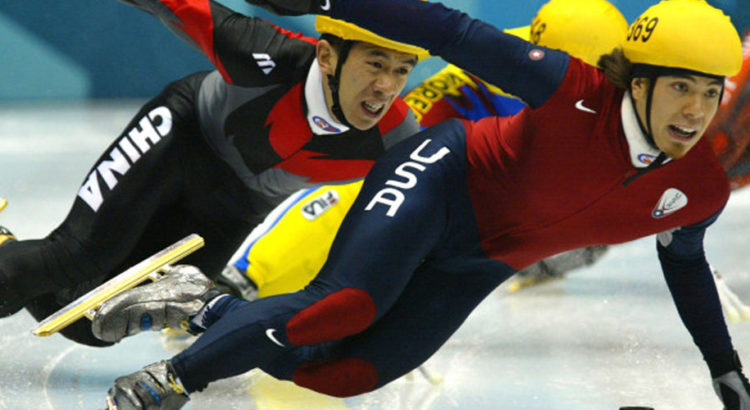Everybody’s miscommunicated at least once in their life. Among many reasons, one of the most overlooked is inappropriate word articulation. It’s never on purpose: many times we speak without realizing that we’re mispronouncing words.
Diction can help or hinder your entire pitch. Aside from the lack of practice, planning, preparation, or an overabundance of filler words, diction affects your audience’s overall understanding of your presentation. We often forget how this mistake distorts our message.
According to speech coach Lisa B. Marshall, diction covers two main things: choice of words and enunciation.

Good Diction vs. Poor Diction
Choosing the right words and pronouncing them correctly gets your message across and makes your voice sound more professional.
Unfortunately, many public speakers struggle with poor diction or mispronunciation. They barely pay attention to the difference between what we hear and what our audience hears, causing them to unintentionally mislead their audience.
These words might confuse your listeners and prevent them from getting the message clearly.
A few examples of these words include:
“I dunno.” instead of “I don’t know.”
“Probly” instead of “Probably”
“Havta” instead of “Have to”
“Shoulda” instead of “Should have”
“Gonna” instead of “Going to”
Causes of Poor Diction
In his article in And Now Presenting, Oliver Holmes points the cause of poor diction to the fact that people become so used to it that they unconsciously let this speech mistake slide.
While we’re focused on what to say and how the message flows, we barely notice how our diction affects our message delivery. Your speech can also be distorted by dialect, regional speech patterns, and speaking too fast.
Ways to Improve Your Diction
- Record yourself and look for words that you have trouble pronouncing. Read print materials and observe how you articulate words. Practice reading your presentation and identify areas for improvement.
- Open your mouth wider and read sentences aloud to hear words repeated and pronounced clearly. Record yourself several times, and always compare your latest recording to your last. Practice by asking a friend to listen to you and give you feedback. This helps you see what to improve and what to avoid.
- Recite tongue twisters to practice enunciating words quickly. Record yourself and spot mumbled words. Repeat this process until you can easily pronounce those problem words.
Conclusion
Knowing the right words to say and how to pronounce them make you sound more professional and increase your confidence as a presenter.
Record your speech to spot words that you unconsciously mumble. You can also ask your friends and family for help in identifying any hard-to-understand parts of your diction, making you more aware of your common mistakes and preventing you from miscommunicating with your audience.
A clearly delivered pitch is a pitch that’ll get definite sales results. Let SlideGenius help you out with your presentation needs!

References
“Avoiding Filler Words in Your Corporate Presentations.” SlideGenius, Inc. May 11, 2015. Accessed July 30, 2015.
Holmes, Oliver Wendell. “Presentation Tip: Carve Every Word.“ ‘Professionally Speaking…’ June 13, 2013. Accessed July 30, 2015.
Marshall, Lisa B. “Diction.“ Quick and Dirty Tips. February 20, 2009. Accessed July 30, 2015.
“What You Need to Achieve Presentation Success.” SlideGenius, Inc. February 15, 2015. Accessed July 30, 2015.







